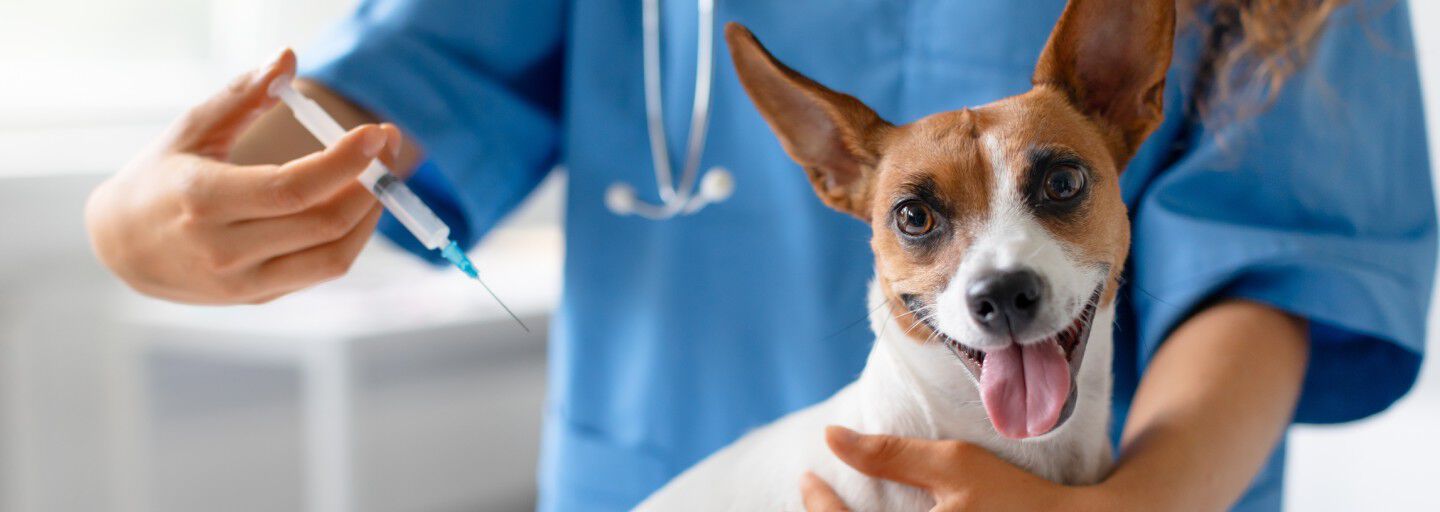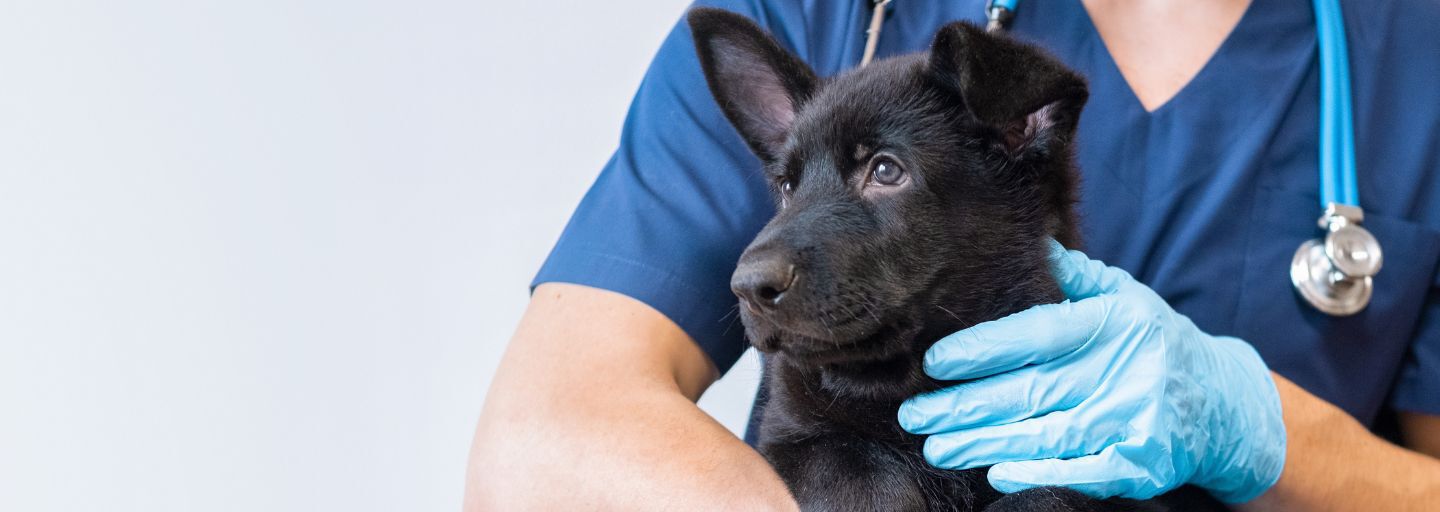As responsible pet owners, we understand the importance of providing our furry friends with the best possible care. Vaccinations play a crucial role in keeping our dogs healthy and protected from various diseases. While most of us are aware of the vaccinations required during the puppy stage, it is equally important to understand the vaccines needed as our dogs grow into adulthood. In this article, we will explore the critical vaccines that every dog must take, from the puppy stage to the adult stage, and shed light on the importance of staying up to date with your canine companion's immunization schedule to ensure their lifelong well-being.
- Distemper Vaccine: The distemper vaccine is one of the core vaccinations for puppies. Canine distemper is a highly contagious viral disease that affects a dog's respiratory, gastrointestinal, and nervous systems. Puppies are particularly vulnerable to distemper, and vaccination is crucial to protect them. The initial distemper vaccine is usually administered at 6-8 weeks (about 2 months) of age, followed by booster shots every 3-4 weeks until the puppy is around 16 weeks (about 3 and a half months) old.
- Parvovirus Vaccine: Parvovirus is another highly contagious and potentially deadly disease that affects dogs, especially puppies. It primarily affects the gastrointestinal tract and can cause severe vomiting, diarrhea, dehydration, and even death. Vaccinating your puppy against parvovirus is essential for their protection. Similar to the distemper vaccine, the initial parvovirus vaccine is given at 6-8 weeks (about 2 months) of age, followed by booster shots every 3-4 weeks until the puppy is around 16 weeks (about 3 and a half months) old.
- Canine Adenovirus (Hepatitis) Vaccine: Canine adenovirus, specifically type 2 (CAV-2), is responsible for infectious canine hepatitis. This viral disease affects the liver and can lead to severe illness. Vaccinating your puppy against canine adenovirus helps protect them from this potentially dangerous disease. The initial vaccine is usually given at 6-8 weeks of age, followed by booster shots every 3-4 weeks until the puppy is around 16 weeks old.
- Rabies Vaccine: Rabies is a viral disease that affects the central nervous system and is almost always fatal once symptoms appear. It can also be transmitted to humans through bites or scratches. By keeping your dog's rabies vaccinations up to date, you not only protect them but also contribute to the overall public health and safety of your community. The rabies vaccine is a legal requirement in many countries and is typically administered when the puppy is around 12-16 weeks (about 3 and a half months) old. Booster shots are necessary as per local regulations and veterinarian recommendations.
Adult Stage Vaccinations
After the initial round of vaccinations during the puppy stage, it is essential to continue providing your dog with booster shots throughout their life. Vaccinations work by stimulating the immune system to recognise and fight off specific diseases. Over time, the effectiveness of these vaccines can diminish, making it necessary to reinforce your dog's immunity. Regular booster shots help to ensure that your furry friend remains protected against common and potentially deadly diseases.
- Distemper, Parvovirus, and Canine Adenovirus (Hepatitis) Booster Shots: After the initial puppy vaccinations, booster shots for distemper, parvovirus, and canine adenovirus are necessary to maintain your dog's immunity. These booster shots are typically given when the dog reaches one year of age and then repeated every 1-3 years, depending on the vaccine type and your veterinarian's recommendations.
- Rabies Booster Shots: Rabies vaccinations require regular booster shots to ensure ongoing protection for your dog. The frequency of rabies booster shots may vary depending on local regulations and veterinarian recommendations. In some areas, booster shots are required every one to three years, while in others, they may be required annually.
Optional Vaccinations
Apart from the core vaccinations mentioned above, there are optional vaccines that you may consider based on your dog's lifestyle and risk factors. These include:
- Bordetella (Kennel Cough) Vaccine: If your dog frequently visits boarding facilities, dog parks, or interacts with other dogs in social settings, the Bordetella vaccine is recommended. It helps protect against kennel cough, a highly contagious respiratory infection. The vaccine can be administered as an injection or nasal spray, depending on your veterinarian's preference.
- Lyme Disease Vaccine: If you live in an area where ticks are prevalent, the Lyme disease vaccine may be recommended. Lyme disease is transmitted through tick bites and can cause serious health issues in dogs. The vaccine helps reduce the risk of infection, but tick prevention measures should still be taken.
- Canine Influenza Vaccine: Canine influenza, or dog flu, is a contagious respiratory disease that can spread quickly among dogs. If your dog is frequently in contact with other dogs, such as in doggy daycares or shows, the canine influenza vaccine may be worth considering. It helps protect against the most common strains of the virus.
- Leptospirosis Vaccine: Leptospirosis is a bacterial infection that can affect both dogs and humans. It is transmitted through contact with infected urine, contaminated water, or soil. Leptospirosis can cause severe kidney and liver damage, leading to organ failure and even death. Vaccinating your dog against leptospirosis is essential, especially if they spend time outdoors or in areas where they may come into contact with wildlife or contaminated water sources. The vaccine is typically administered annually, but the frequency may vary depending on your dog's risk factors and your veterinarian's recommendations.
Vaccinations are a vital aspect of responsible dog ownership. From the puppy stage to adulthood, ensuring your dog receives the necessary vaccinations is crucial for their health and well-being. Consult with your veterinarian to create a personalised vaccination plan for your furry friend, ensuring a long and healthy life together.







